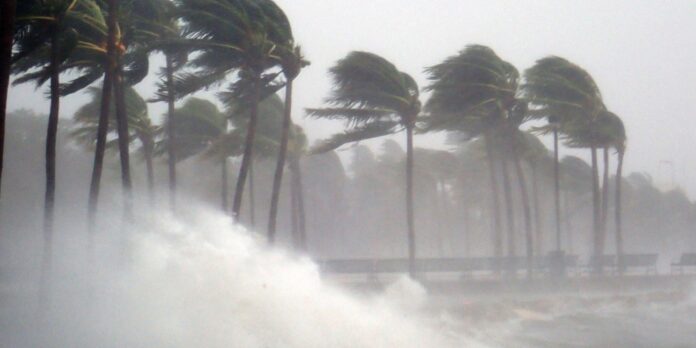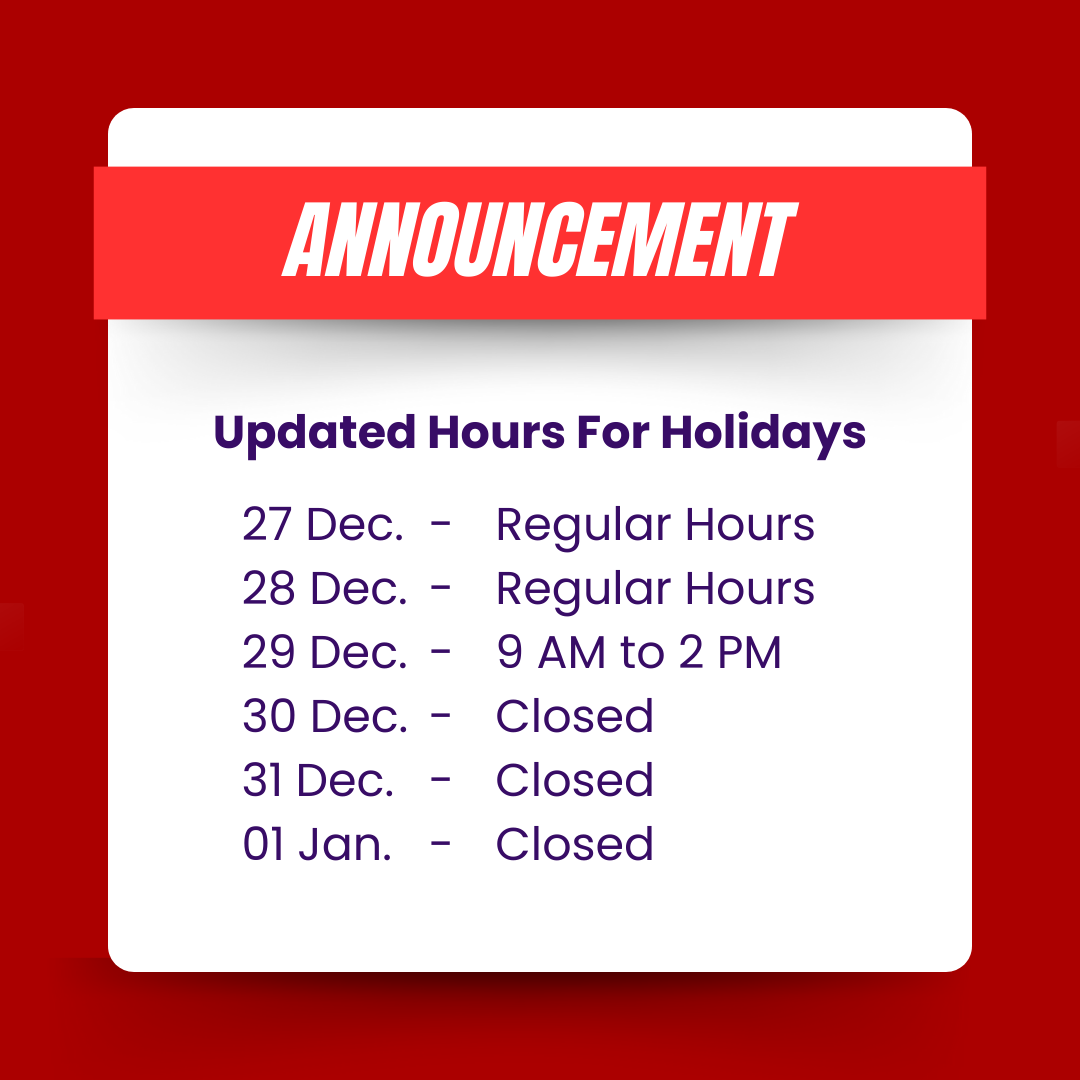As winter descends, bringing with it the breathtaking beauty of snow-covered landscapes, it also ushers in the potential for ice storms and power failures that can wreak havoc on homes. Homeowners, however, can find solace in the protective embrace of home insurance. In this comprehensive guide, we will explore the nuances of winter weather-related risks, the impact of ice storms and power failures, and how having robust home insurance can be the key to weathering the storm.
Prepare Yourself
– Check heating systems ahead for proper operation and service as needed.
– Have a plan to know how to respond to a lengthy power failure and loss of heat.
– Have a plan ready for keeping drains clear and removing excessive snow loads from the roof.
– Line up appropriate licensed sprinkler contractors, plumbing contractors and electricians, in the event of need.
Protection
When a power failure disrupts the delivery of heat for several hours to several days and the temperature in the building falls below.
– Shut off and completely drain all fire sprinkler systems.
– Notify the local fire department and alarm company that you have shut off your fire sprinkler system(s).
– Drain fire sprinklers installed on suspended ceiling areas especially over valuable items and equipment.
– Turn off automatic diesel fire pumps and start manually to conserve fuel.
– Shut down hazardous operations, such as welding and torch cutting, while sprinklers are off.
– Provide a constant fire watch of trained personnel for all areas while the sprinklers are off.
– Shut off and completely drain the domestic water and heating piping systems.
– Operate portable heating systems in accordance with safe use and manufacturer instructions.
– Follow manufacturers instructions in operating emergency generators, installed by licensed electricians.
– Clear all roof drains, gutters and scuppers. – Clear snow and ice from roof (if done safely) if there is a roof/building collapse potential.
Recovery
– After the event is over and the power restored:
– Inspect and repair all fire sprinkler, domestic water and heating system piping before restoring them to service.
– Keep around the clock surveillance even after restoring for additional damage as piping begins to thaw.
– Do not use open flames, lamps or other high temperature devices to thaw frozen pipes.
– Restore all fire sprinkler, domestic water and heating system piping to service.
– Notify the fire department and the alarm company that the systems are back in service.
– Maintain the weather watch. Watch for rainstorms which can cause pooling and collapse.
– Take measures to ensure all roof drainage is in service. – Watch for post storm drifting on roofs and remove the extra weight, if this can be done safely.
– Clear fire lanes, fire hydrants, fire sprinkler valves, process valves, gas shutoffs, etc. of snow accumulations.
– Resume normal safe operations.







